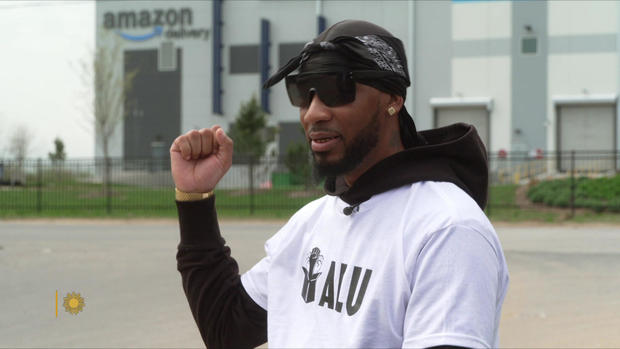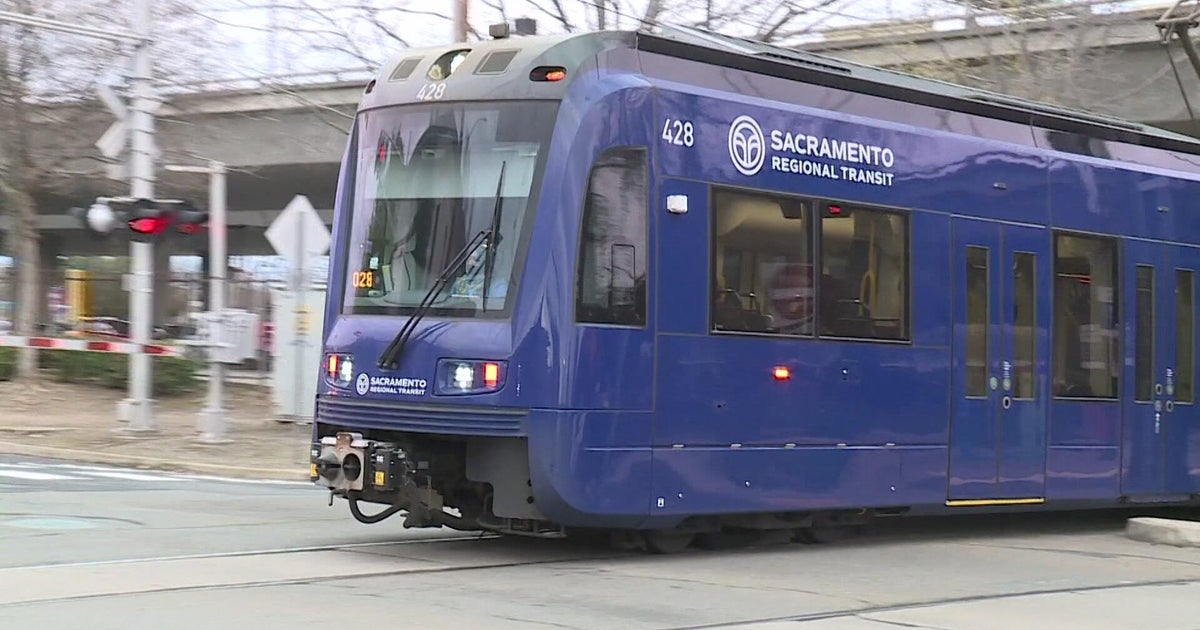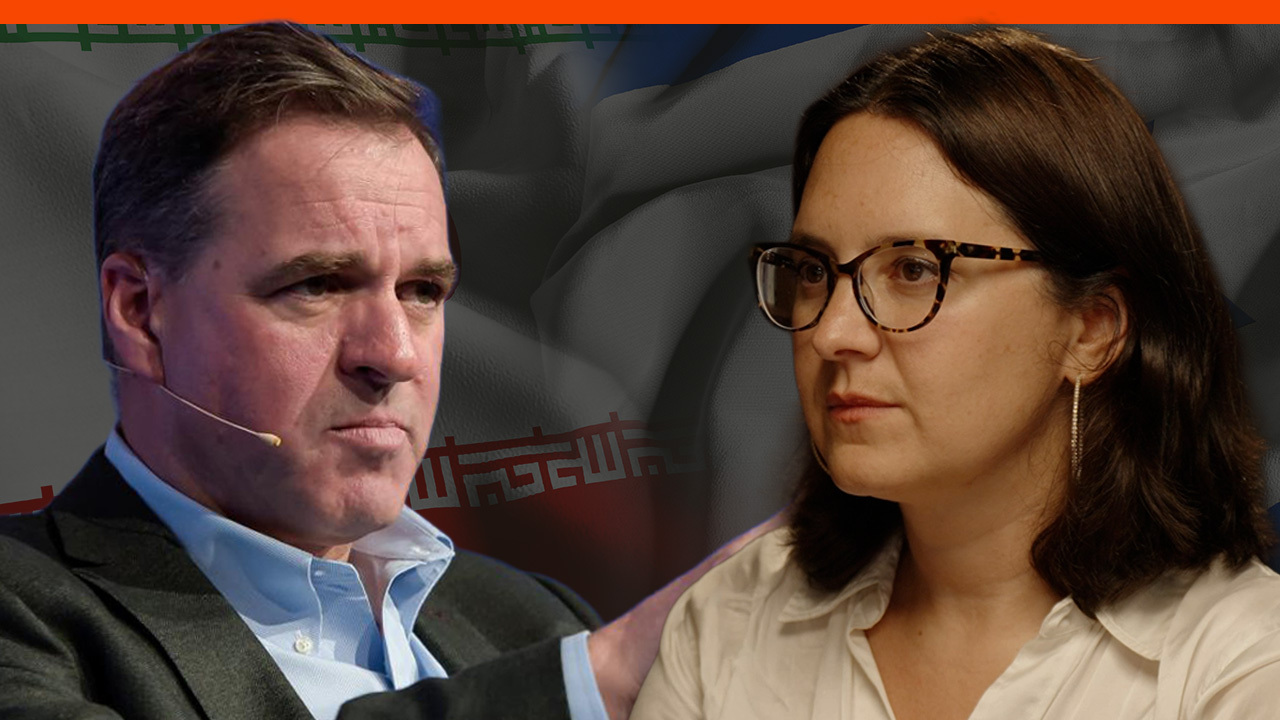The resurgence of unions and the fight against Amazon
The number of Americans who belong to labor unions had been dropping for decades. But suddenly, in the last year or so, the winds have changed. Unionization efforts are underway at tech companies like Apple and Google; media organizations like The New York Times and Condé Nast; and among grad students, delivery drivers and baristas.
Since December, when a Starbucks in Buffalo was the first to vote to unionize, workers at 16 Starbucks stores have followed suit. (Yes, they vote one store at a time.) One Starbucks picketer in Denver said, "We've had a lot of intimidation and a lot of efforts to stop us. But we're here!"
And over 200 more have petitioned to vote.
And then, three weeks ago, there was news that stunned the business world, about America's second-largest employer: JFK8, a massive Amazon warehouse on Staten Island that employs 8,300 people, voted to unionize.
- Workers on Staten Island form first union in Amazon's history
- Teamsters vow to unionize Amazon from "coast to coast"
"It's Amazon vs. the People, and the people have spoken," said organizer Chris Smalls. "We want to thank Jeff Bezos for going to space, 'cause when he was up there, we were signing people up!"
Correspondent David Pogue asked Smalls, "Weren't there people saying, 'Dude, these efforts never succeed'?"
"Of course! I think everybody wrote us off. Everyone didn't believe we would even get to an election, let alone win."
Smalls, a former Amazon worker, led the union drive, but that wasn't his original plan: "I had no intentions on unionizing. Just trying to do the right things, and protect people from dying from COVID-19."
In March 2020, he'd organized a walkout to protest the lack of face masks and other COVID gear at JFK8. Amazon fired him, and in a leaked memo, an executive called him "Not smart or articulate."
Smalls soon learned that he wasn't the only unhappy Amazonian. Another Amazon warehouse on Staten Island begins a unionizing vote tomorrow.
Workers Brett, Mat, and Martha have been talking to fellow employees out front. "They take care of the robots better than humans," Brett told Pogue. "They don't give you ample amount of time to go to the bathroom."
Martha said, "You got people that's barely making enough."
Mat said, "We want to be able to say, 'These things have to change,' and negotiate that in a contract."
Smalls' strategy to unionize JFK8 involved a social-media campaign and small, grassroots gestures, all paid for by donations: "We would feed them, you know, pizza, catered food, soul food, different cultural food. That's what the union represents, you know? Taking care of one another."
Amazon fought back, hard, using the standard union-busting playbook. It spent over $4 million on consultants, and required every employee to attend anti-union meetings.
Ruth Milkman, a labor expert and professor at the City University of New York, explained: "They'll say, 'Oh, this organization, they're not gonna do anything for you. They're just gonna take your money. And by the way, they might make you go on strike. You might not receive any income for that period.' It can be very intimidating, and very effective."
But not this time. JFK8 voted to unionize.
Pogue said to Smalls, "So, I think what you're saying is, you succeeded because you were smart and articulate?"
"Pretty much!" he laughed.
Amazon declined an interview, but told "CBS Sunday Morning" in a statement: "We don't think unions are the best answer for our employees. Our focus remains on working directly with our team to continue making Amazon a great place to work."
Amazon is also challenging the validity of the JFK8 vote, and points out that it already offers better-than-average pay and benefits — $15 an hour starting wage, and health insurance.
But Ruth Milkman says that it's about more than dollars: "Workers want respect. They want to be treated with dignity. And I think you can see that really clearly in the story at Staten Island. They're treated like machines."
Pogue asked, "In what ways are these workforces and these unions different from the old union factory efforts?"
"What's different, I think, is the zeitgeist, especially [among] young workers who've lived through a lot of turmoil," Milkman replied. "They have these high expectations for what their work life is supposed to be about. And then, they can't afford the rents. They might have a lot of student debt. They end up living with their parents. I mean, this is not what they were promised.
"The pandemic also created a labor shortage, which gave people more leverage, and made them less fearful of organizing," she said. "Unions are cool again for this generation."
To many of the workers at JFK8, Chris Smalls is definitely cool.
One of them drove by during our interview and expressed his own thoughts on the unionization effort: "**** Amazon!"
"What'd he say?" asked Pogue.
"I won't say that word, but I guess he's pro-union!" Smalls laughed.
For more info:
- Amazon Labor Union
- amazon.com
- Ruth Milkman, School of Labor and Urban Studies, City University of New York
Story produced by Mary Lou Teel. Editor: Joseph Frandino.
See also:




